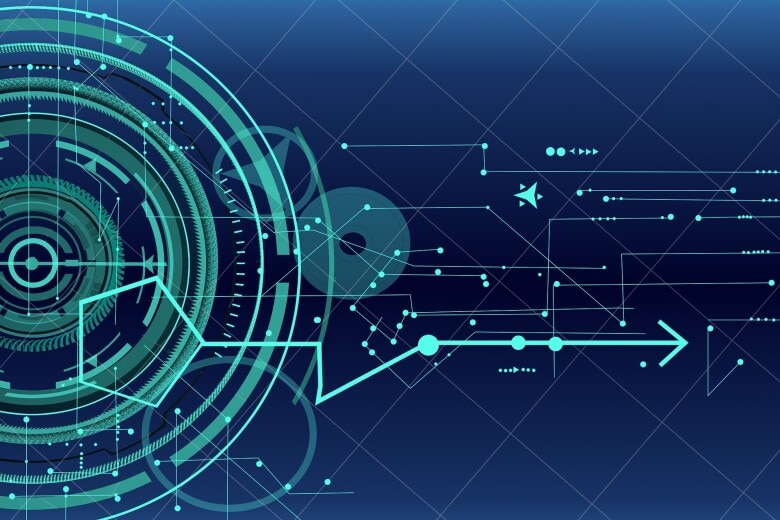In more than 35 years here at InterSystems, I’ve seen so many of our customers grow together with us. We’re passionate about helping our clients be successful – by whatever standard they measure success. This is underpinned by the technology we offer. While our name is now most commonly associated with our InterSystems IRIS data platform, it is in fact the next generation of our proven data management software.
Before InterSystems IRIS, we were known for the powerful capabilities of Caché and Ensemble, which helped to launch some of the world’s most important applications. If you’re one of our Caché or Ensemble customers, these platforms will now no doubt be integral parts of your infrastructure and the foundation for some impressive applications.
But as we continue to evolve our technology, we want to help you to evolve yours, too, and enable you to make use of the latest in data platform technology, ranging from artificial intelligence (AI) to the cloud. We’re declaring this the Era of InterSystems IRIS, and that’s why we’re offering all our existing Caché and Ensemble customers the opportunity to migrate to our InterSystems IRIS data platform for free for a limited time.
We understand that making any changes to a solution that has become a huge part of your business can be daunting, but trust us when we say that it’ll be worth it. You don’t have to take just our word for it as many of our existing customers have already made the switch, including healthcare software company, Epic.
As a user of our technology for over 40 years, Epic decided to migrate to InterSystems IRIS last year. With its systems boasting 2.5 million concurrent users, and processing roughly 1.8 billion database accesses per second, a smooth migration was essential. By working together, we ensured this was the case and now Epic’s customers are experiencing even greater performance and scalability.
Here are just some of the other benefits on offer when you migrate to InterSystems IRIS:
Higher Performance, Scalability, and Resource Efficiency
Migrating will allow you to do more with less and manage multiple different types of workloads at the same time. To give you a better idea of what this means, we’ve worked out through our Speed Test when compared to other common data management software, InterSystems IRIS ingested 620.9% more records during the test and ingested them 717.3% faster by the end.
Developer Productivity
InterSystems IRIS makes the complex simple. Your developers can build and test applications all within one platform, and now with embedded Python you have access to a larger pool of development resources, as well as hundreds of thousands of available Python libraries. It makes development cycles shorter, and simpler to control and manage.
Cloud Deployments
A cloud-neutral platform, InterSystems IRIS doesn’t tie you to one cloud vendor. It’s also more economical, efficient, and agile.
Machine Learning
Our IntegratedML feature provides a simple mechanism for creating machine learning (ML) models, and easier for you to operationalize the ML models into your real time applications.
Adaptive Analytics
New Adaptive Analytics capabilities will allow your organization to more easily explore and analyze data without relying on IT. That means business users will be able to surface the insights they need to make informed business decisions, allowing your IT team to focus on other initiatives.
Interoperability and API Management Capabilities
By migrating you can obtain a consolidated view of all your data, in real-time. Our data platform allows you to connect your disparate systems, technology, and data, to create a single pane of glass for your business users, or real time connectivity for your enterprise applications.
Migration made easy
All of this is just the tip of the iceberg when it comes to reasons to migrate to InterSystems IRIS.
If you’re ready to join the hundreds of Caché and Ensemble customers who have already migrated to InterSystems IRIS, you can learn more about how you can migrate to InterSystems IRIS at www.intersystems.com/migrate.




































